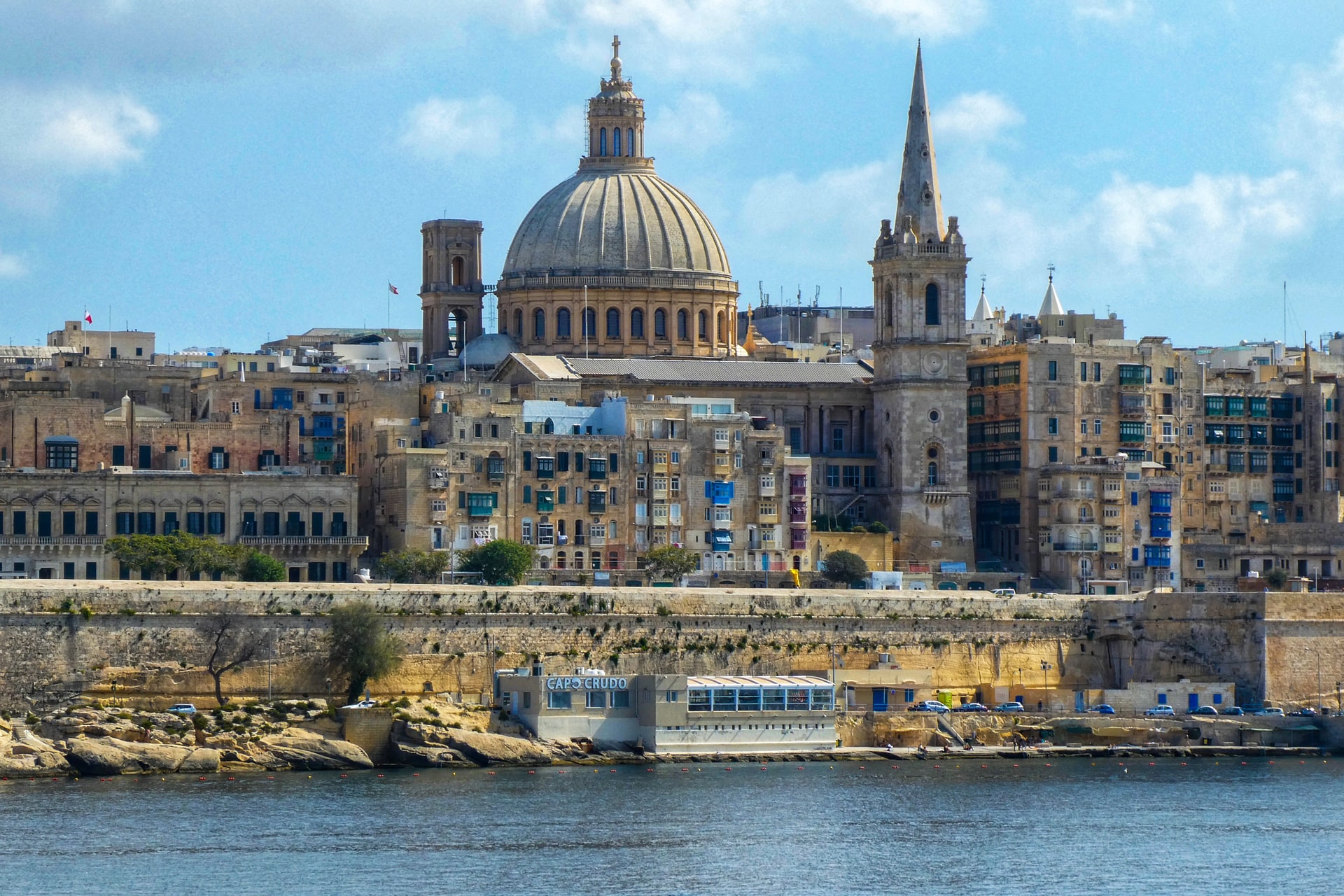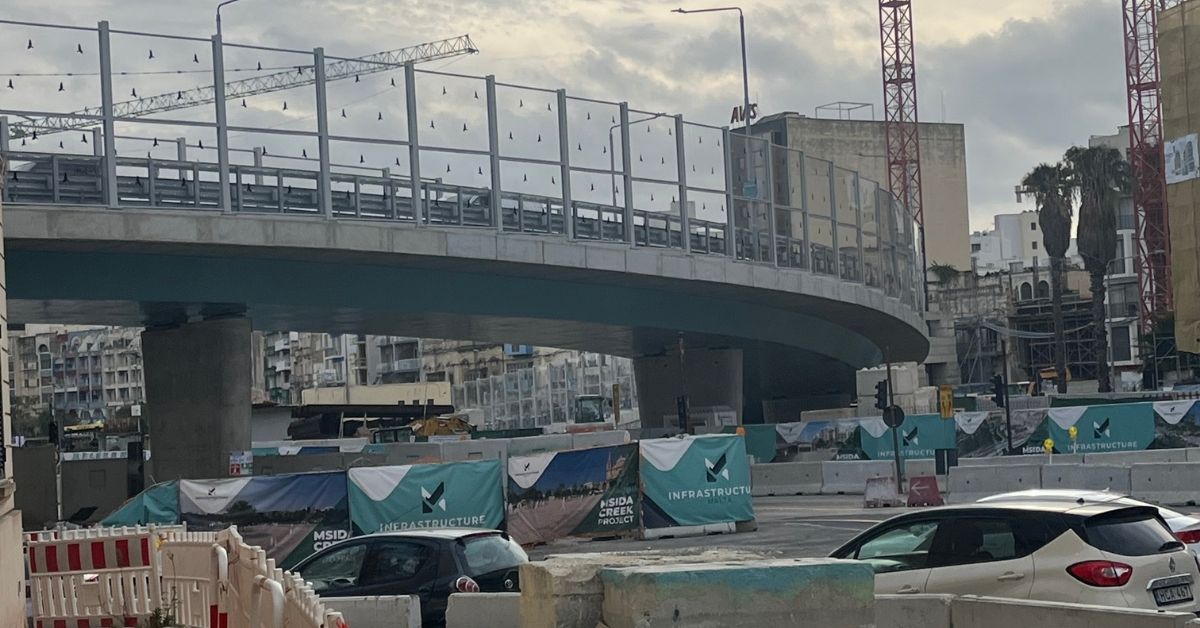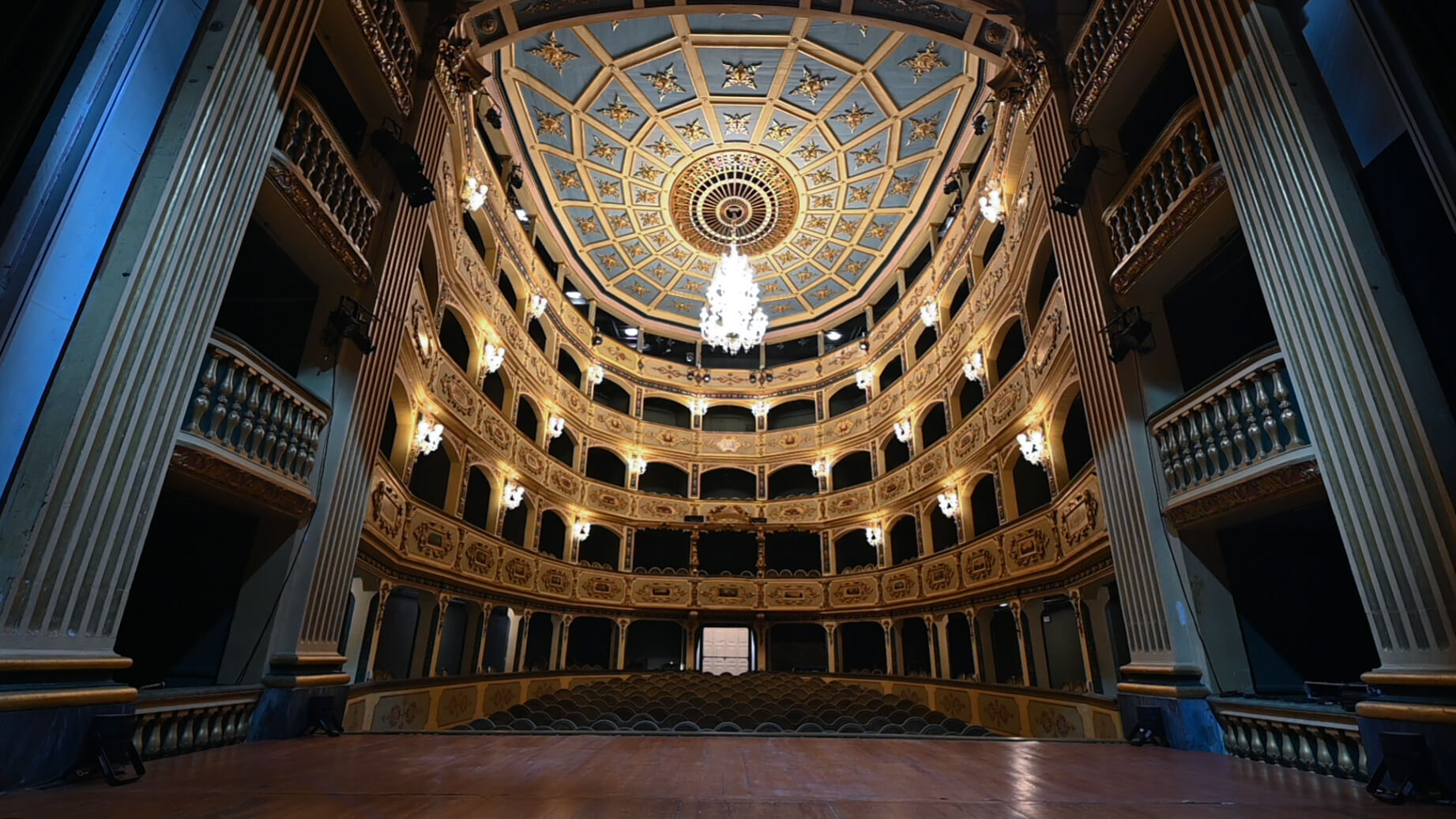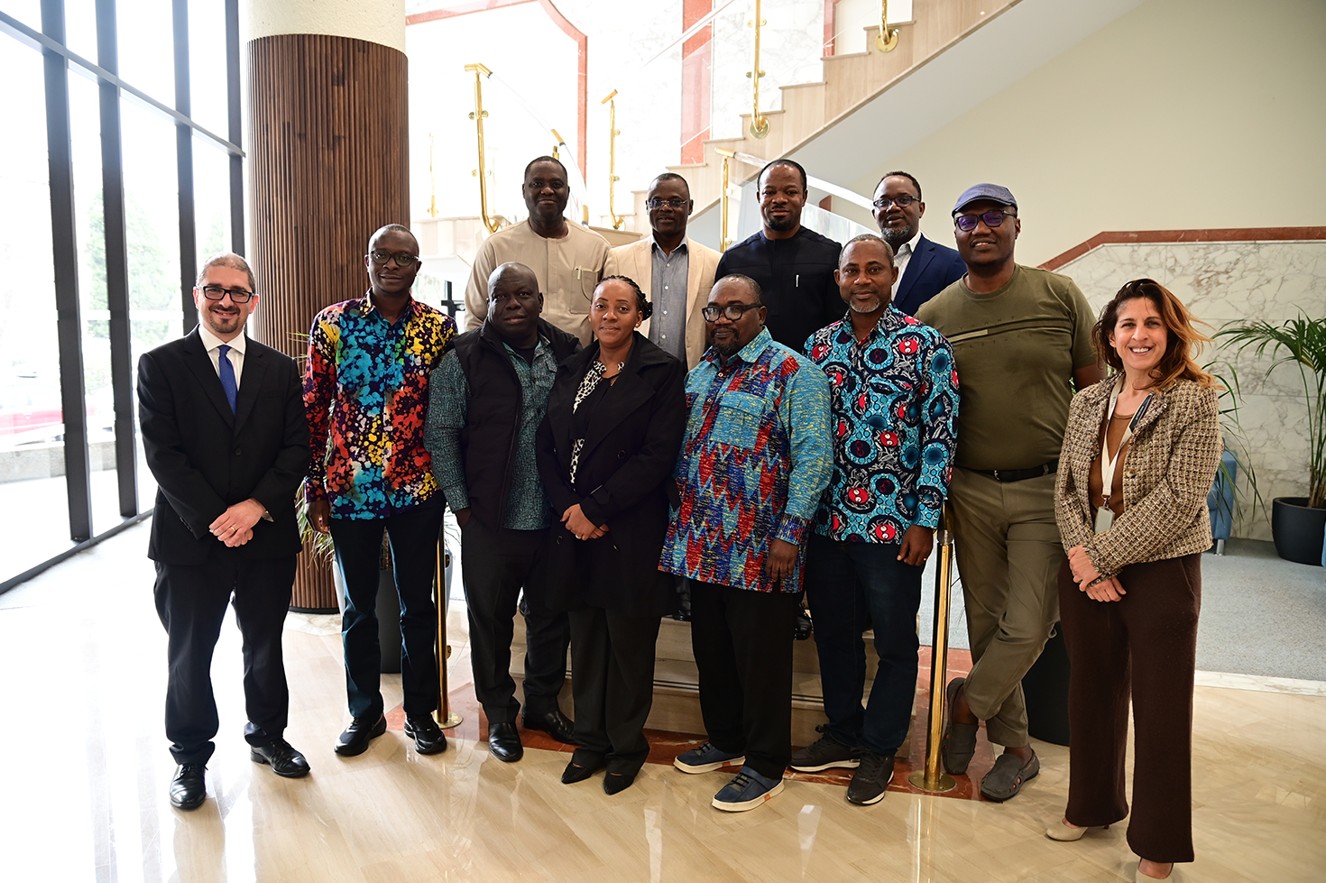Valletta has undoubtedly enjoyed something of a renaissance in recent years. Investment flowing into the capital, spanning residential, commercial and cultural segments, has seen a resurgence in aesthetic standards and activity, bringing Valletta back to its former glory.
According to VBL Group Co-Founder, Head of Acquisition and Group Executive Chairman, Andrei Imbroll, the company’s founding in 2012 and Valletta’s journey back to life around the same time is no coincidence.
VBL Group is currently the largest owner of real estate in Valletta. Little known in the public eye, the company has been quietly acquiring, developing and managing a wide range of properties in the City for the past nine years.
The company’s business is divided into three main units. The first, real estate investment and acquisitions, is led by Dr Imbroll. Its real estate regeneration arm is led by Head of Development Stephen Clough, and the third business line deals with management of the Group’s operational real estate.
BusinessNow.mt sat down with Dr Imbroll, Mr Clough and VBL Group’s Co-Founder, CEO and Executive Director, Géza Széphalmi to understand the vision behind such an influential company within the Valletta real estate market.
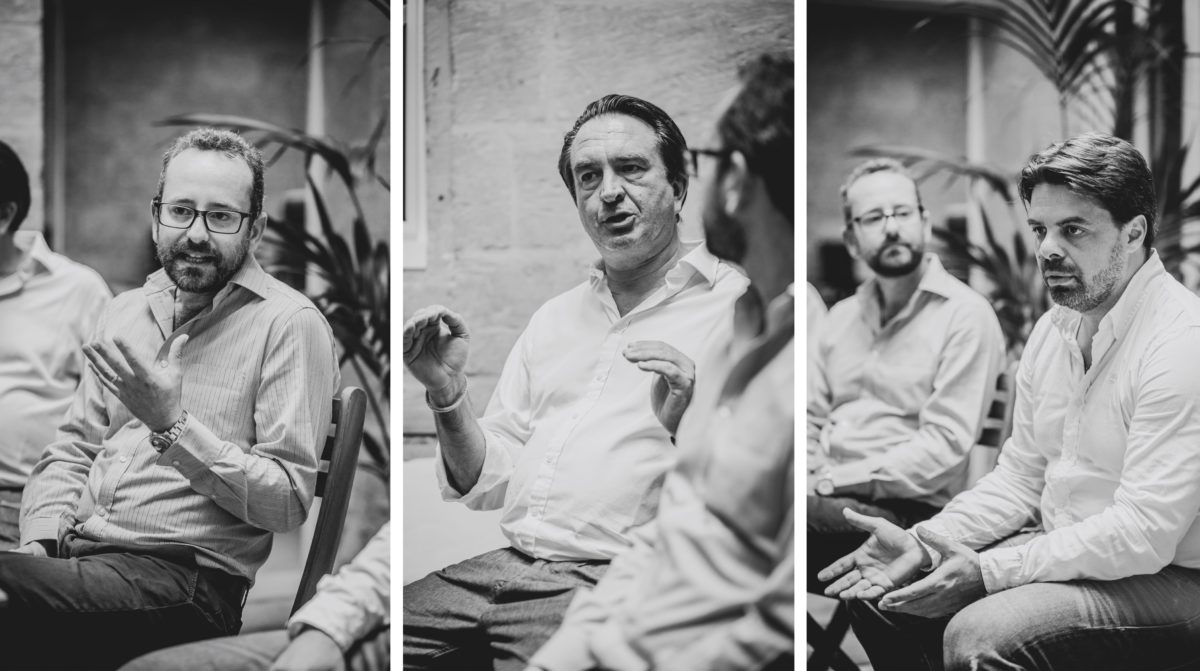
Meeting at VBL Group’s ‘Old Lodge’ property, which houses the company’s hospitality management team as well as ten studio short-let apartments, serves as an ideal example of how VBL regenerates and revitalises the buildings it acquires.
It is one of the company’s most recently finished projects and was originally a dilapidated lodging house (Kerrejja) that comprised of 25 rooms in the lower part of Valletta.
Retaining its limestone walls, VBL Group finished the building in its typical company style, including touches of the Maltese patterned tiles, also occasionally utilising custom-made furniture.
This particular building caters for the budget-conscious traveller while ensuring that a good standard of finishes and amenities in each apartment is retained.
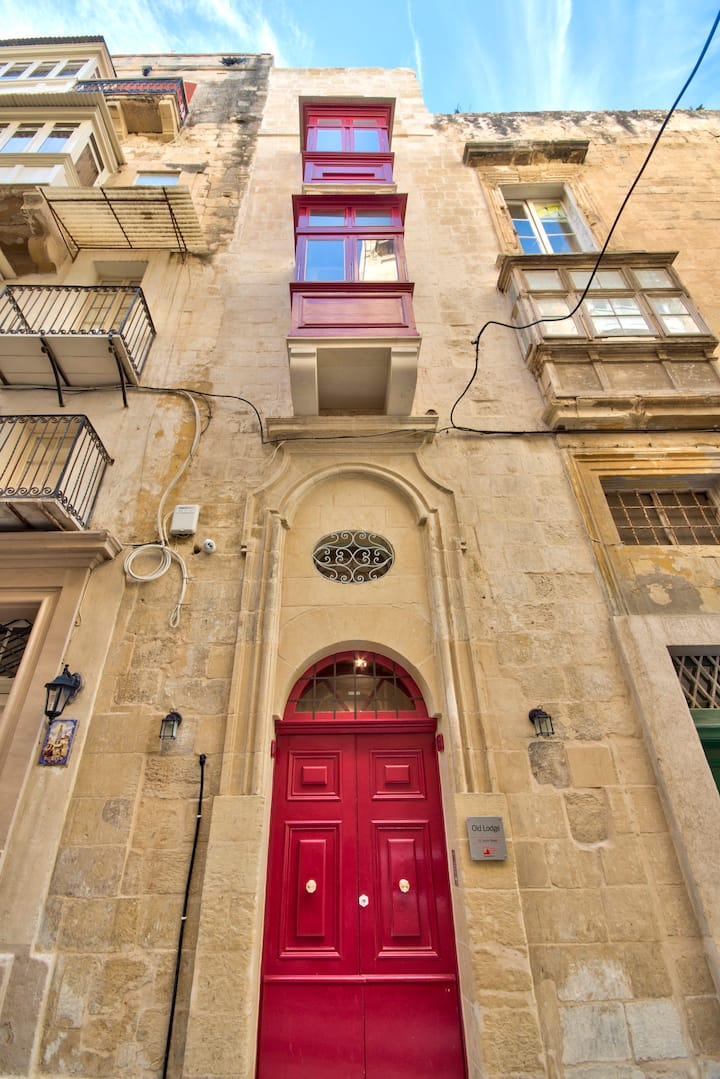
“Valletta is the product itself, and so whenever you give a building a new life and a new meaning, people want to still feel that they are in Valletta, so you keep as many features as you possibly can,” said Dr Széphalmi.
“We did not just destroy the building and rebuild, which is a much faster and cheaper option, but we preserved it and gave it a new life”, he added.
Dr Imbroll interjects, adding that essentially, VBL wants to cater for anyone who wants to come into the city, “from the young 20-year-old architecture student on a shoestring budget to a Russian oligarch to anyone in-between”.
Turning to the value added by VBL Group to its shareholders, Dr Imbroll stressed that the investment undertaken by the company is ultimately “an investment in historic real estate”.
He explained that the Group is made up of 15 investors today, who are “successful businesspeople in their own right”.
“And, they feel that Valletta is a safe place to do so.”
VBL Group takes pride in refusing to take part in ‘the uglification of Malta’. On this note, the company’s Head of Development, Stephen Clough, explained that the restrictions imposed on real estate development in Valletta acts as a benefit to the company and its ethos.
“The constraints we have with building and development, through Planning Authority policies and other regulations, is great for us. These limitations are our benefit.
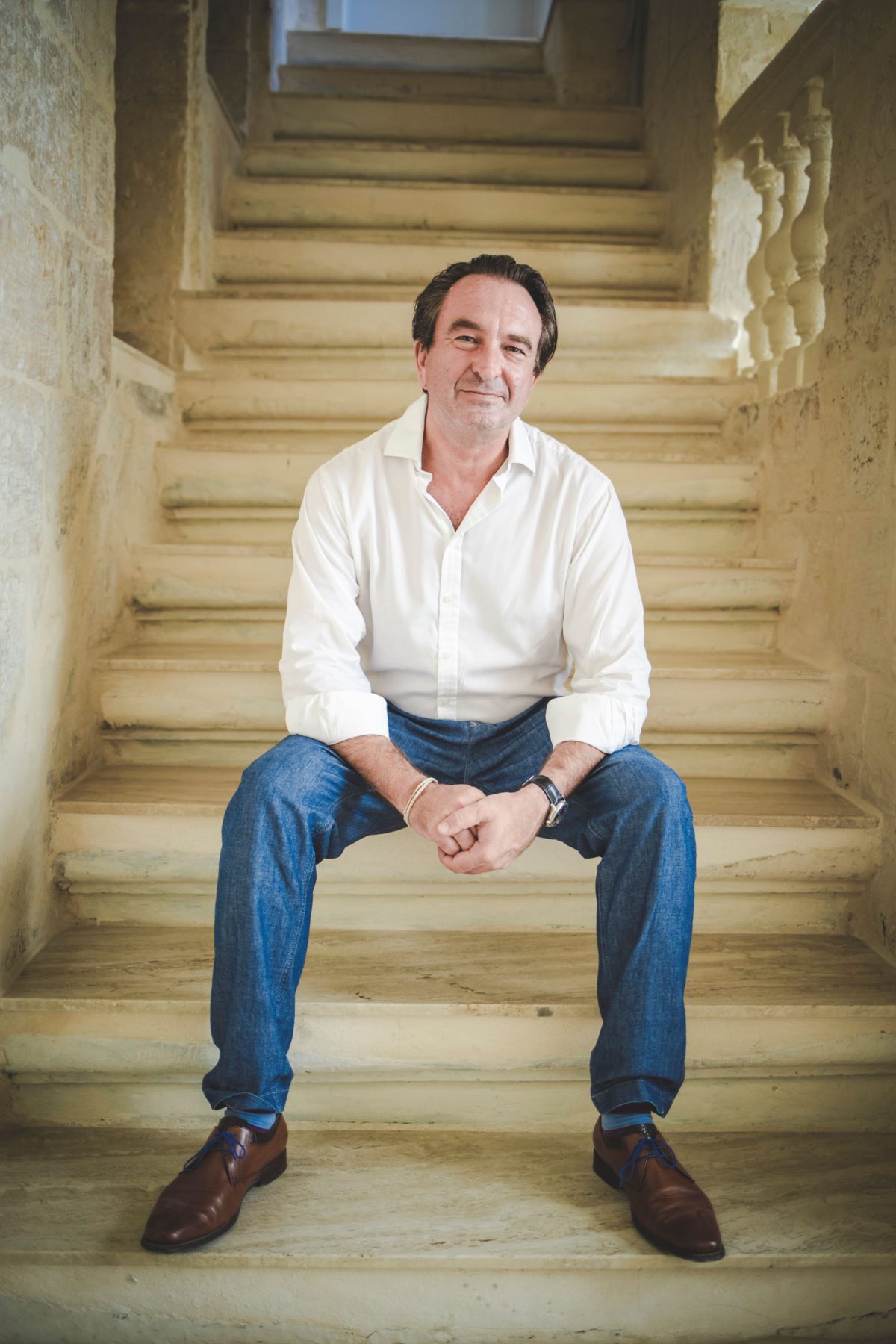
“Whenever we regenerate a beautiful Palazzo or an old 1950s apartment block, we always have one thing in mind: what value does it add to Valletta? If the property, after regeneration, does not either improve the charm of the neighbourhood or enhance the area in any way, we have to rethink the concept.
“Valletta is fundamentally a micro-market, and every single piece of the puzzle needs to work in synergy.”
Turning to the most prevalent challenges of operating a property company within Valletta, Dr Imbroll immediately pointed to the difficulties in creating a business that achieves economies of scale, thereby boosting profitability.
“The market is very fragmented” he explained, adding that “you have a lot of small buildings and you can’t just take over a 10,000 square meter site, clear it and build a small resort – which is what is happening all over Malta”.
“For Valletta, you need to respect the existing fabric of the area and the building itself. Then, you conceptualise, which is what Géza is very good at. He has been in business for a long time, and has been involved in some amazing projects in Central Europe, bringing this knowledge and experience to the table has taken VBL to the next level.”
Dr Imbroll went on to say that as the company grew its operations by acquiring more properties, greater economies of scale were achieved and thus the company grew to be more profitable.
“Achieving this was difficult, but as the largest real estate owner in Valletta, reaching this milestone ensures that the company has a bright future.”
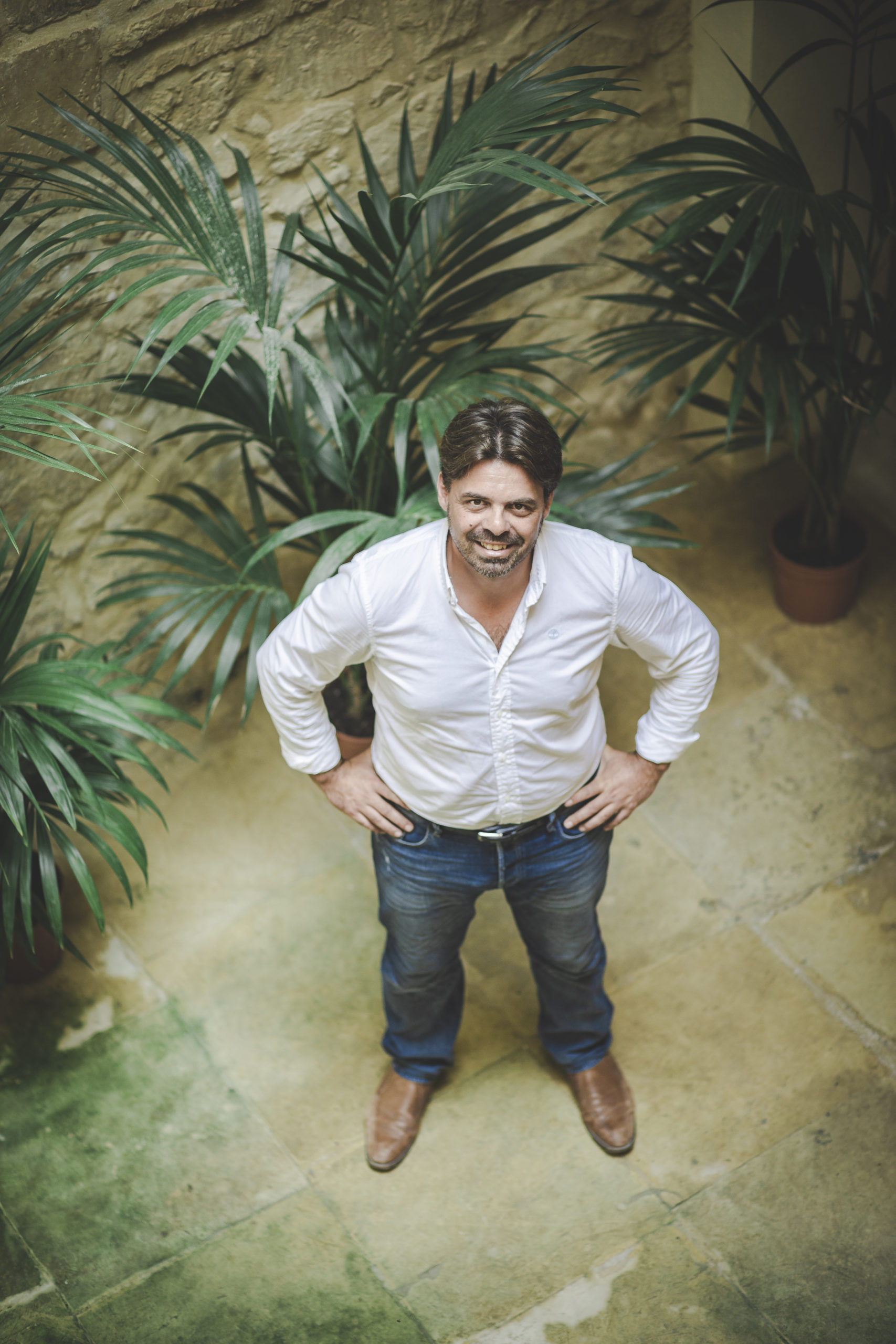
With almost 10 years of experience under the company’s belt, how does it foresee the next 10 years of Valletta’s property market to develop?
Here, Dr Imbroll commented that the past 10 years was about putting Valletta back to “where it should have always been on the Maltese real estate market, which is at the top”.
“Valletta is a capital city. It is also the touristic, cultural and administrative centre of the island, so, there is no reason why Valletta should not have always been the most valuable real estate in Malta. And that is where we have brought it back to.”
Indeed, a recent report by the Housing Authority confirmed that Valletta and Ta’ Xbiex both enjoy the positions of most expensive real estate per square metre in terms of the local rental market
Dr Imbroll, Dr Széphalmi and Mr Clough are all in agreement that the next 10 years is about taking Valletta in the direction of its European-Mediterranean peers.
It was pointed out that when comparing walled historical cities around the European-Mediterranean area, Valletta “is still half the price of what these locations are, but Valletta remains terribly underserved by several amenities”.
Here, Mr Clough stressed that over the past decade, “extremely high-quality accommodation has been developed”, describing this development as the foundation of Valletta’s renaissance.
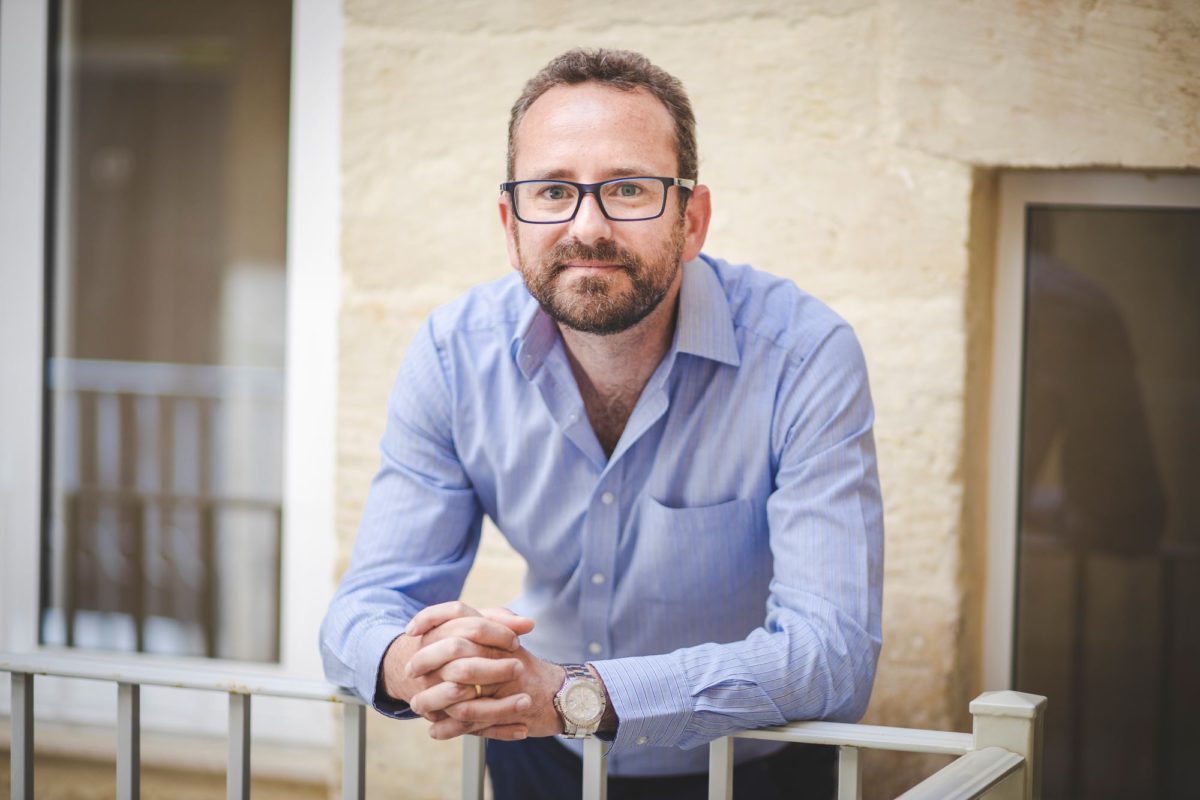
On his part, Dr Imbroll remarked that “now, we need to develop other facilities which complement the accommodation. We are talking about high quality museums and the reinvention of Valletta’s retail sector. This is what the next 10 years are going to be about”.
He said that “luckily”, VBL Group are “quite influential” and several other business associates around the city are keen to cooperate and form this vision.
Asked what VBL Group are most excited about currently, Mr Clough explained that the Group is developing “the largest multi-purpose site in Valletta which will house further hospitality units, office space, retail outlets and a 1,000 square metre rooftop garden and deck.
“It is not just about the building. Within the development, we are focusing very much on creative hubs, so it will be a very exciting product for Valletta”, he said, without sharing details of where the development will be situated.
VBL Group has already enjoyed the success of its commercial development, The Gut, which is the old red-light district of Valletta. Once home to notorious hangouts, the area has come back to life after 50 odd years of neglect, with VBL Group transforming it into high-end restaurants and bars where fine dining, music, theatre, dance and architecture all come together.
On the need for a revamped retail space, Dr Széphalmi commented that one has a luxury shopping hub in each major European capital, apart from Valletta.
“I am talking about the top brands that need to be brought into the city and to Malta. This is one of the next hubs we are working on”, he said.
Closing off, Dr Széphalmi said that ultimately, the Group is in the business of regenerating “somewhat forgotten neighbourhoods. That is our product. What you end up with, if you do things properly, is an area which sees an explosion of value and activity”.
New Msida flyover comes with triple-layered barriers
It also includes a barrier between the two lanes that can be dismantled in case of an emergency
Teatru Manoel and Med TV sign MoU to broadcast Maltese culture around the world
A vast selection of artistic productions and cultural events performed at Teatru Manoel will be broadcast internationally via Med.TV
MFSA hosts governance workshop with Ghanaian parliamentary delegation
The workshop focused on corporate governance, board effectiveness and enforcement practices within Malta’s financial services sector


